From maps to museums, to buying tickets to events, from group photos, to video streaming in hotel rooms, there are dozens of reasons you’re going to be pulling your smartphone out of your pocket while on vacation.
Each and every time you do though, it could be a potential security risk – either from a drop on the floor (or at the beach) to a sketchy Wi-Fi connection at a resort to a thief on a sidewalk.
Here are seven ways to start protecting your device – and all the data on it – when you leave home, which makes for one less thing to worry about when you’re traveling.
Protective gear
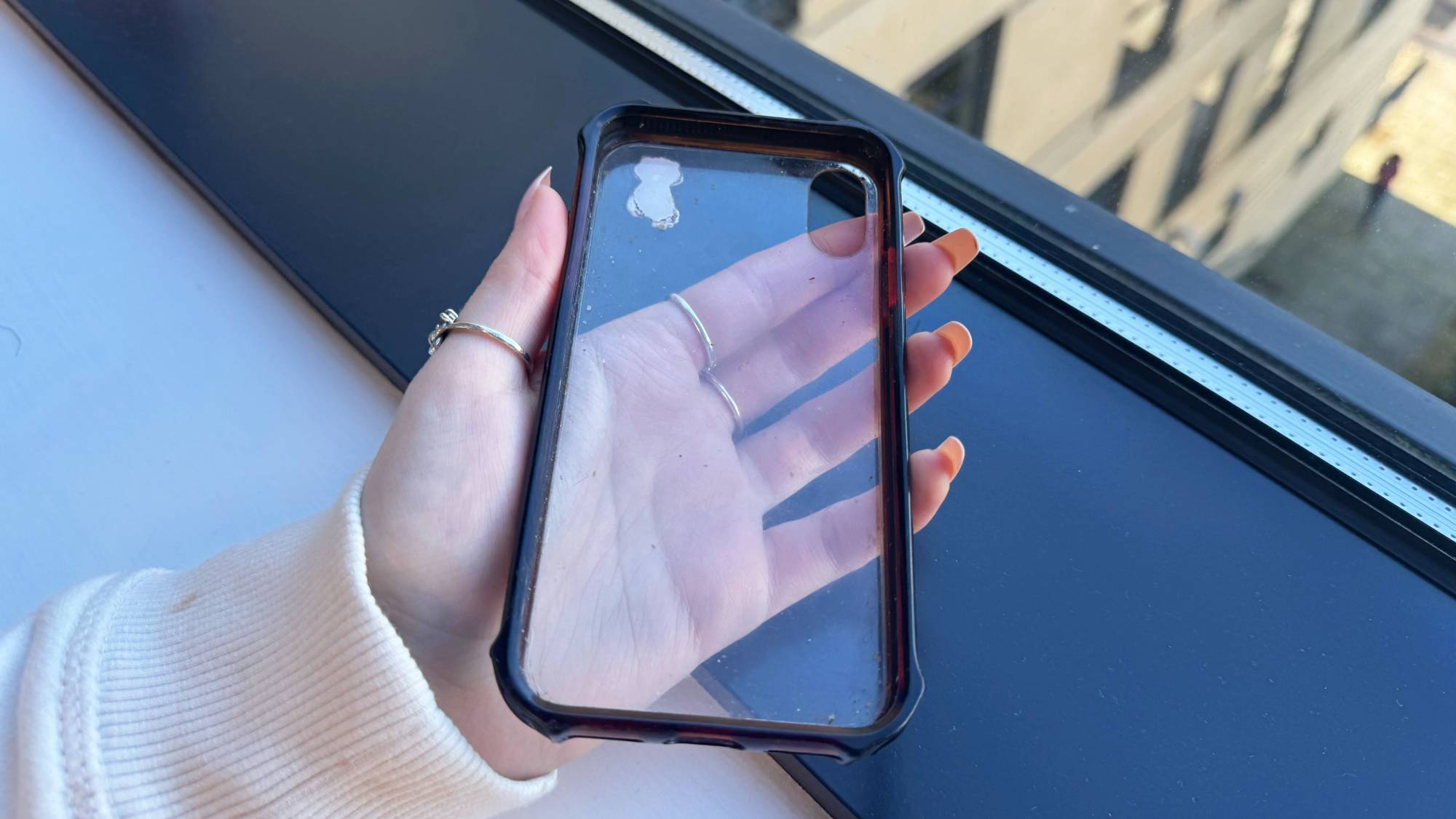
If you don't typically use a screen protector and a case on your smartphone then you make me both anxious and vacation is definitely the time to reconsider that policy, even if it's only for when you're away from home.
You're going to be juggling more than normal in your hands, walking in unusual locations, and possibly in areas that are high-risk for electronics like beaches, pools, and airports.
It makes sense to invest in a case that works for your hands or even one that has a ring to hold your phone more easily. Some also have slots that double as a card case so you can skip carrying a wallet. Either way the lesson is: invest in an extra layer of protection while you're moving around, especially with something as important as your phone when you're traveling.
Mobile security app
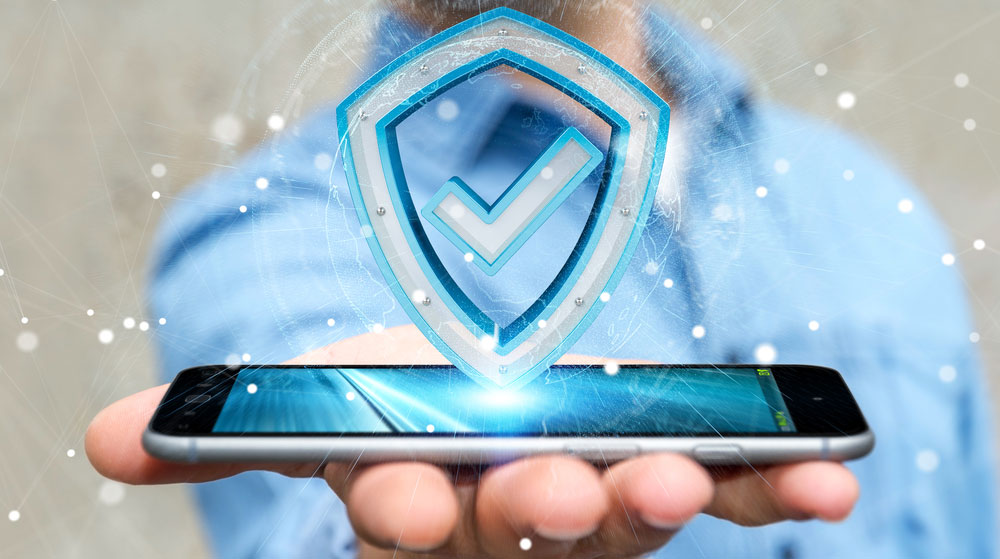
If you don't have a mobile security app offered as part of the coverage provided by the antivirus program for your PC, then consider getting one as a standalone antivirus app – if you use Android. If you're an iOS user, then make sure you know which settings you should turn off to make your phone more secure.
What you're looking for is something that will alert you to threats, will keep you posted about unsecured networks and that will also ideally provide you with a VPN to connect to while you're roaming around. Some will include additional features like privacy monitoring or text message monitoring too.
Back up your data
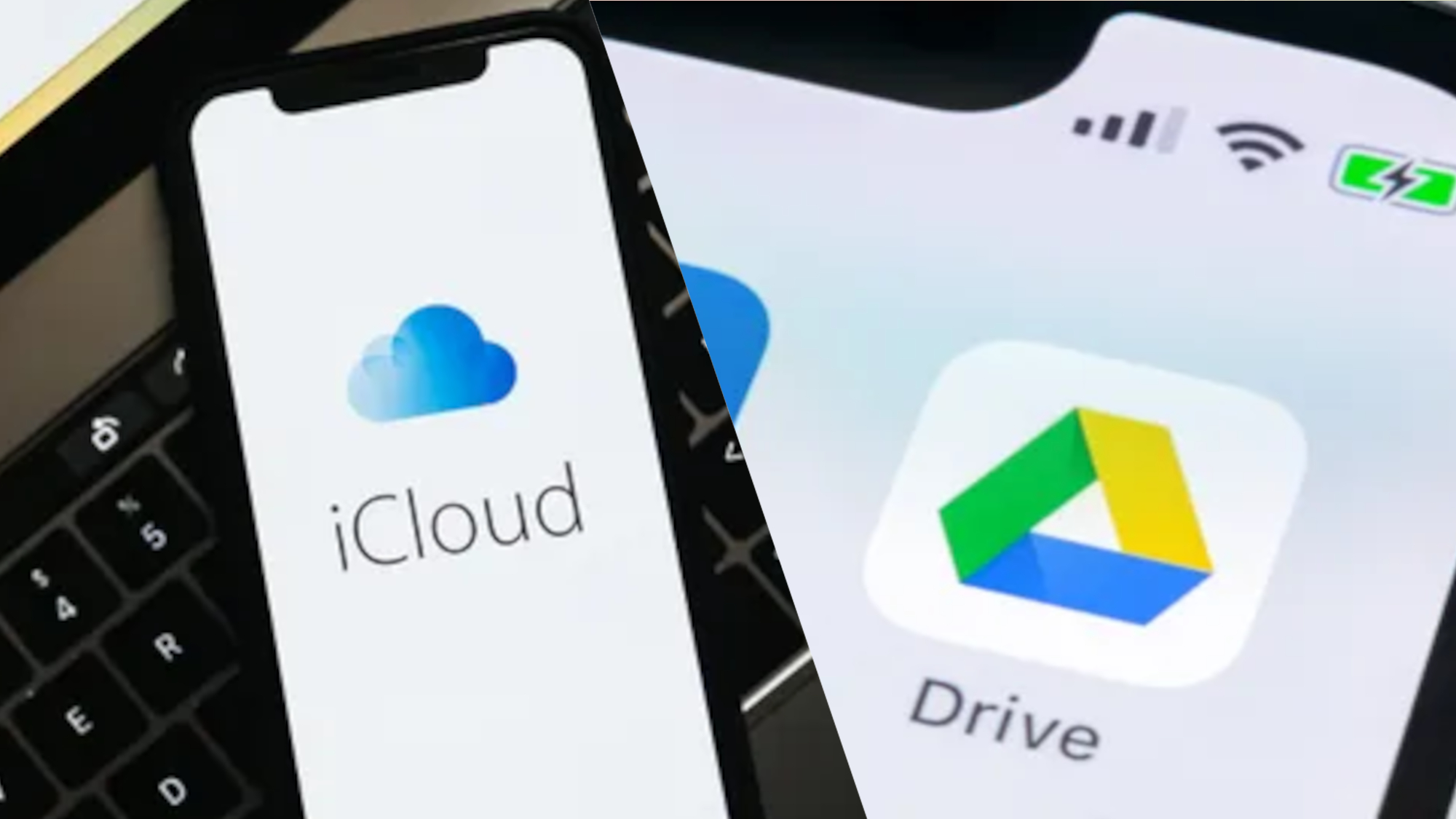
Before you head out, make sure that all your photos, contacts, notes, calendar events and other essential data is backed up either to one of the best cloud backup services or to a computer (whatever your preference may be). That way, none of your precious memories or essential information is lost if your device winds up at the bottom of a pool or in the pocket of a thief.
Just make sure that you back up your data over a secure network, not over a public Wi-Fi connection and that you back up regularly.
Find my phone
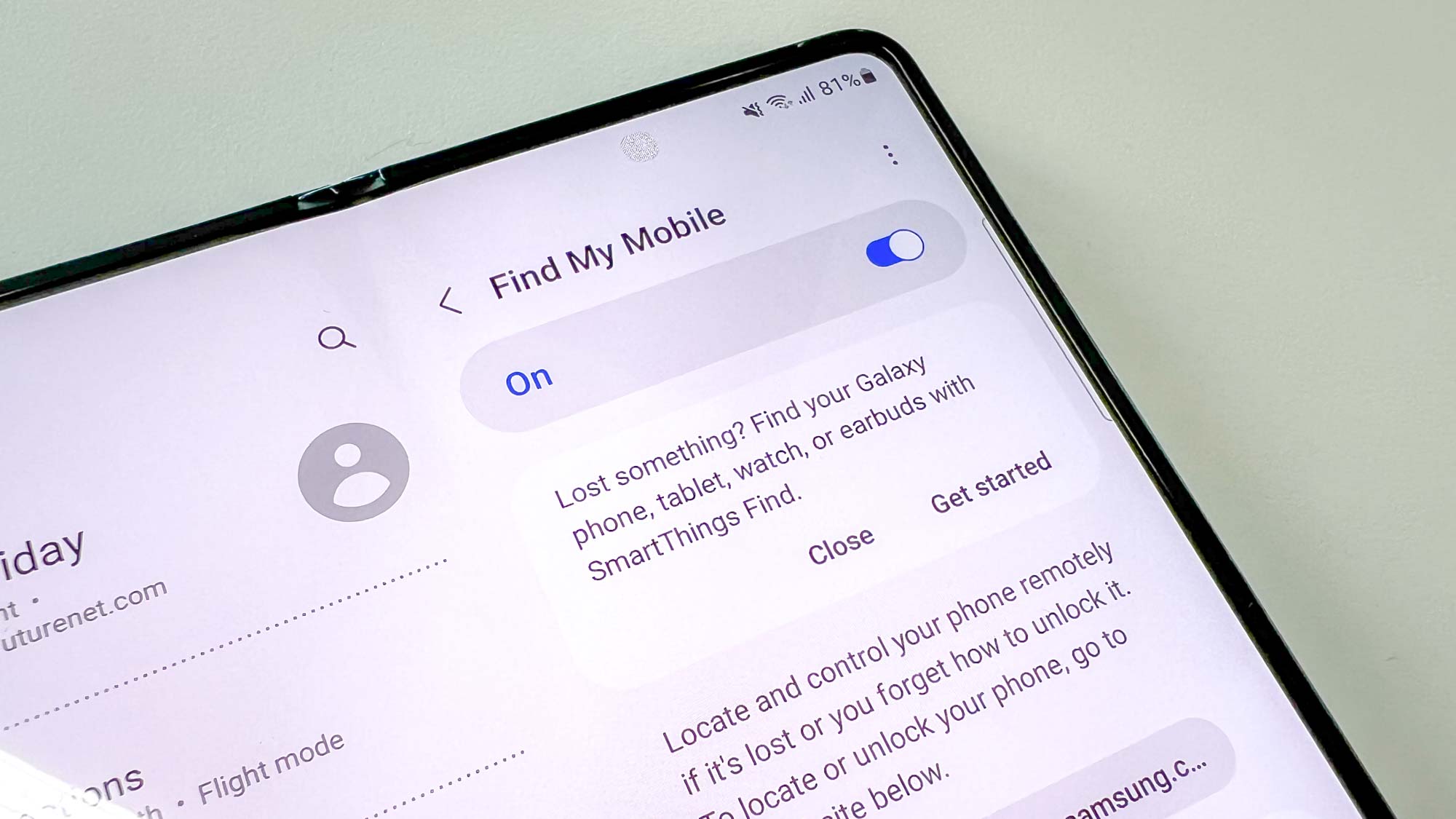
Activate “Find my phone” or whatever similar feature is available on your phone; not only can this help locate a stolen device but it can also lock it down if it goes missing.
This way, if you can't find your device, you can prevent thieves from accessing your data and personal information.
Be careful with Wi-Fi

You will, no doubt, be passing through dozens of public Wi-Fi hotspots from airports to Airbnb's to restaurants to museums, and each and every one of them is its own potential security risk.
Make sure that you've shut off the "automatically connect to public Wi-Fi" setting on your smartphone so that your device doesn't automatically jump on each available connection and leave you and your data at risk.
You're always better off using your cellular data and your best judgement when it comes to which Wi-Fi spots are safe to connect to, versus allowing your phone to make that decision for you.
Password protect
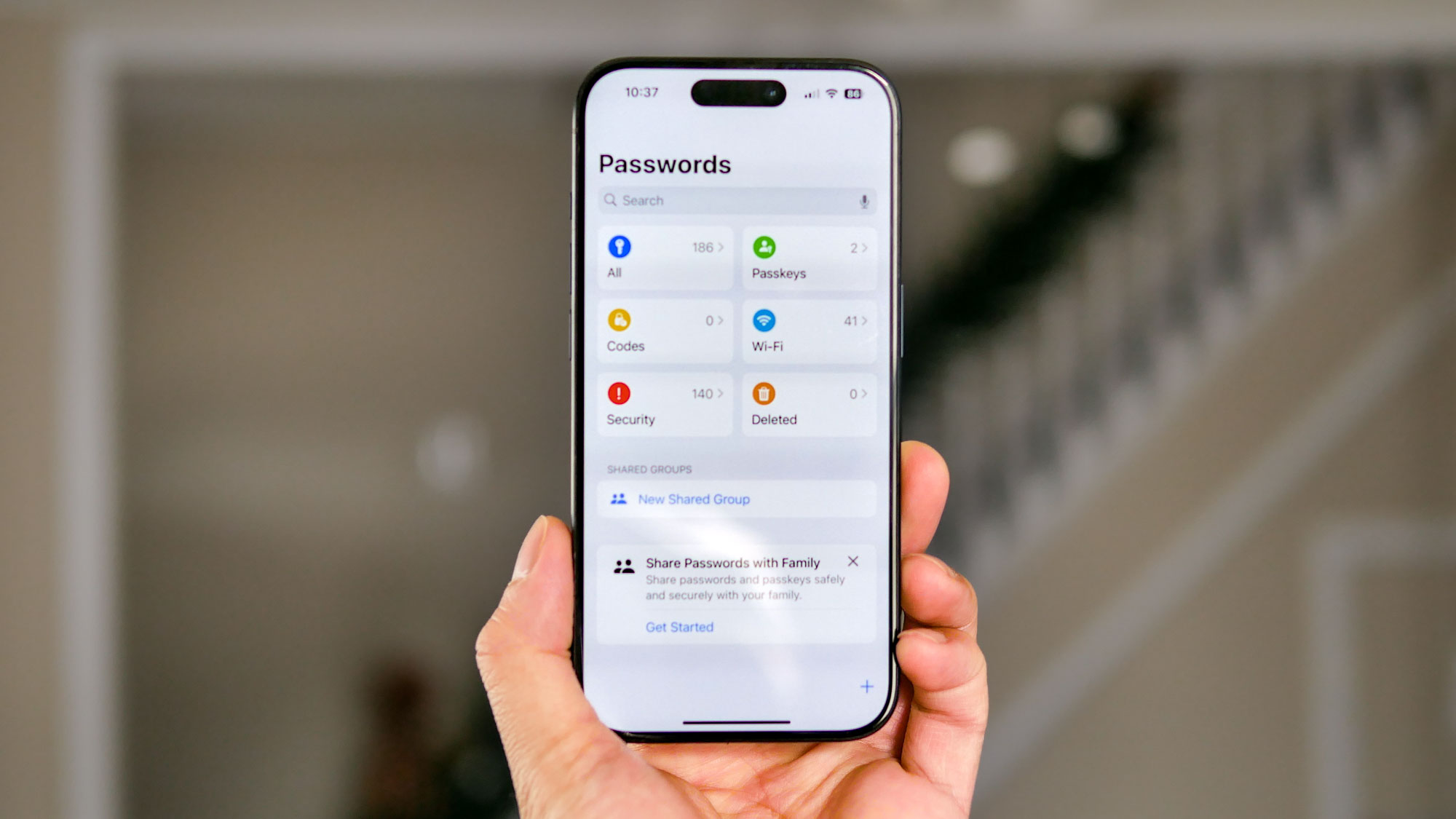
Password protect, well, basically all the things. When possible, use biometrics like your fingerprint or facial recognition.
If that's not available, then always make sure that you're using a strong and complex password for your phone and all your accounts. You may also want to consider setting up one of the best password managers before you leave if you need to keep track of all your different credentials while you're away.
Update operating systems and apps
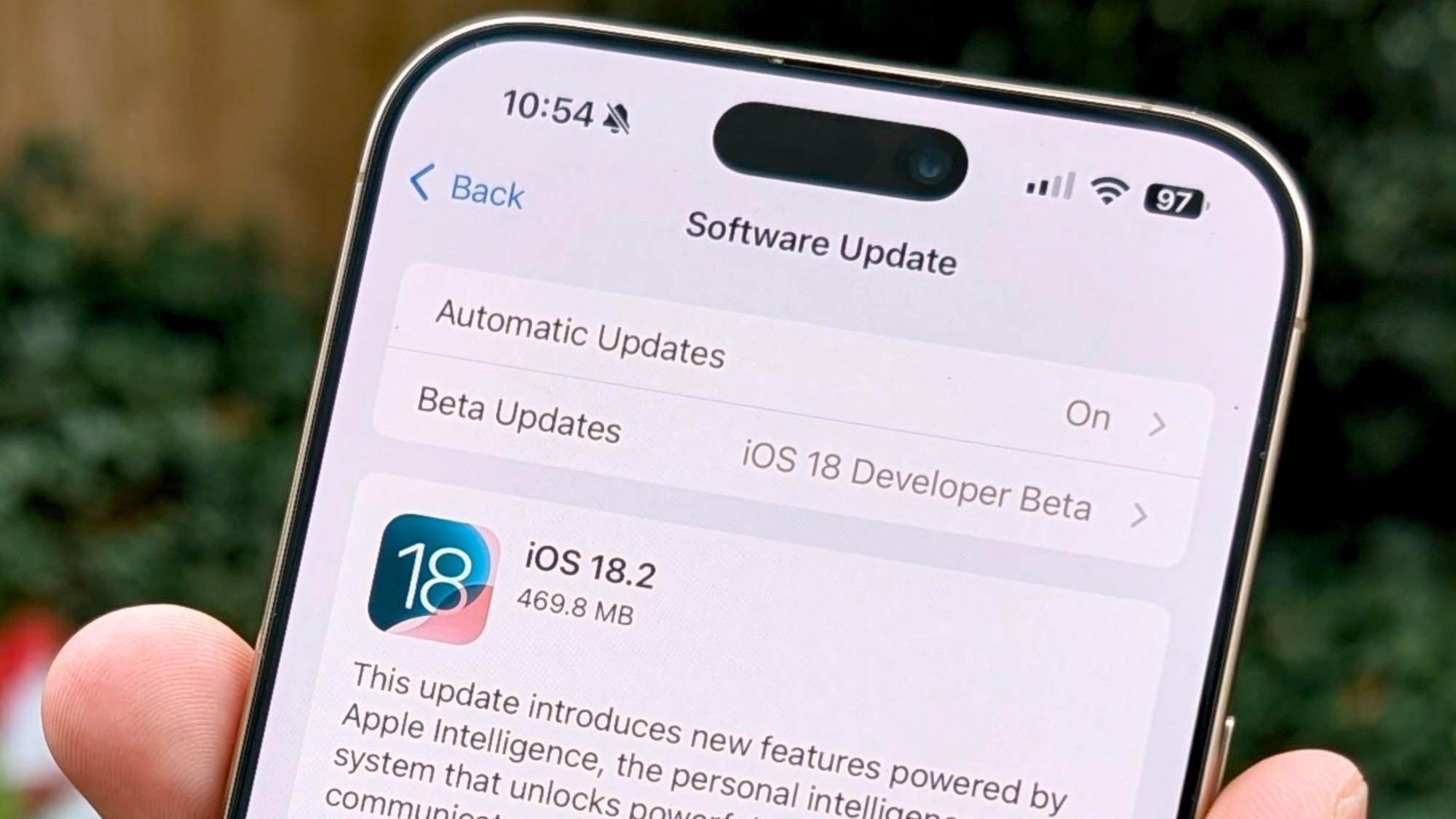
Lastly, make sure your phone’s operating system and all your apps – especially vital apps like banking and email apps – are all up to date. This is important as doing so will ensure that they’ve received all the most recent security patches and updates.
This will also help keep your device patched from any potentially security risks and keep your data and personal information as safe as possible while you're in unfamiliar places.
.png)
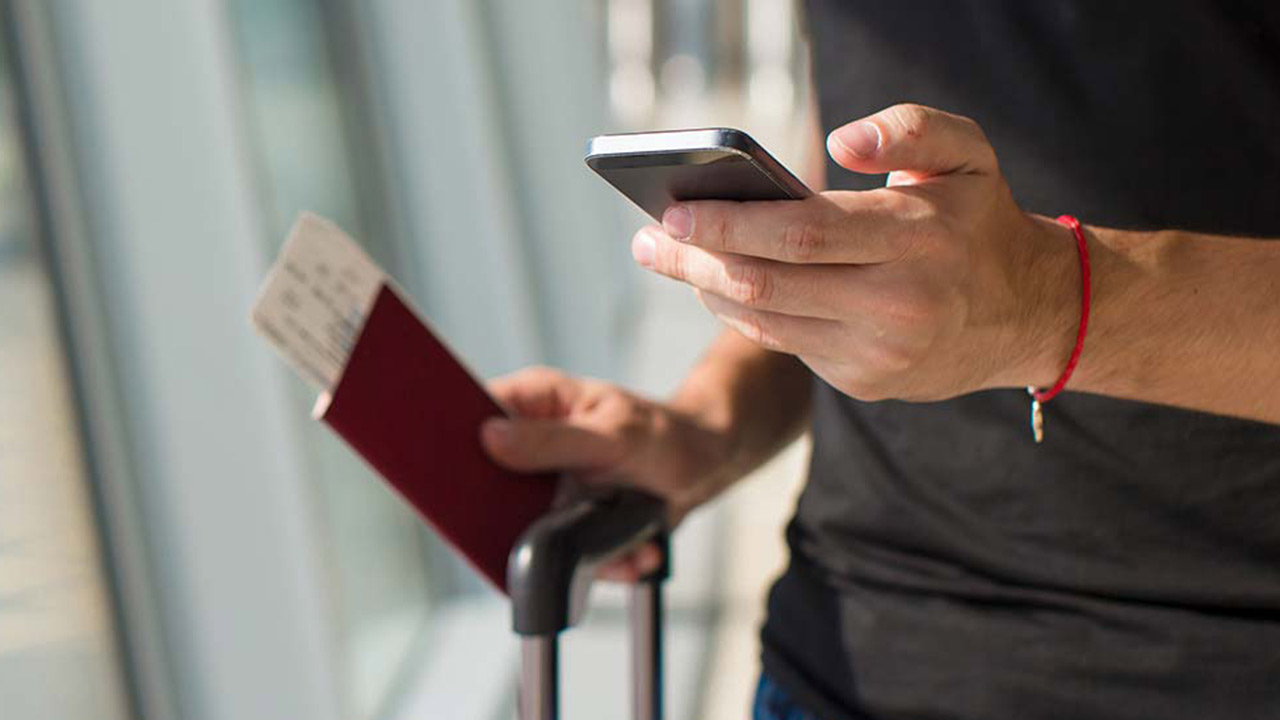











 English (US) ·
English (US) ·